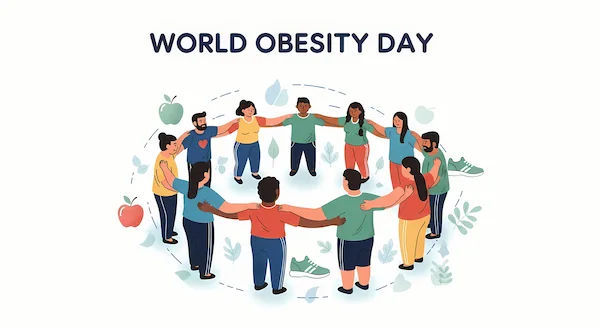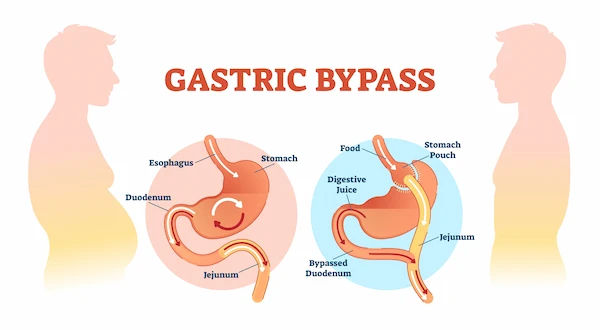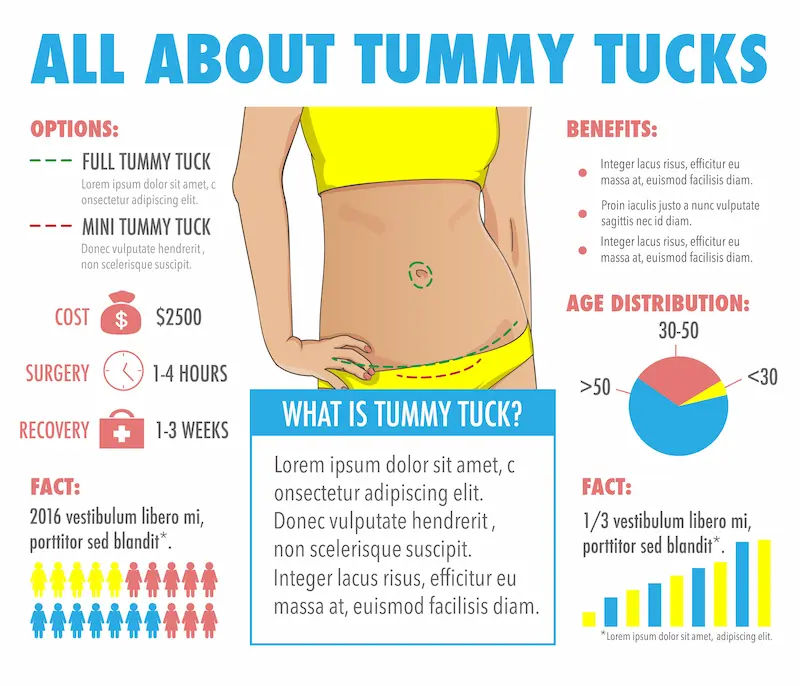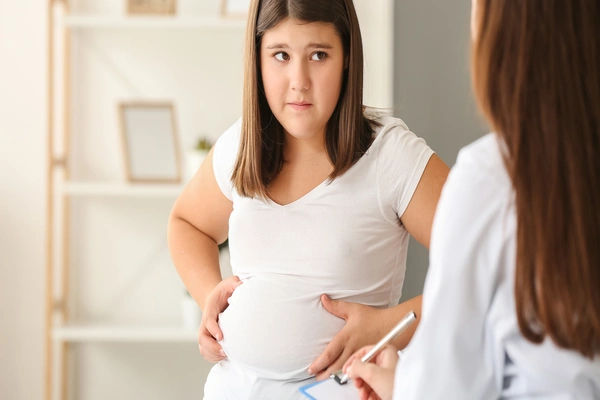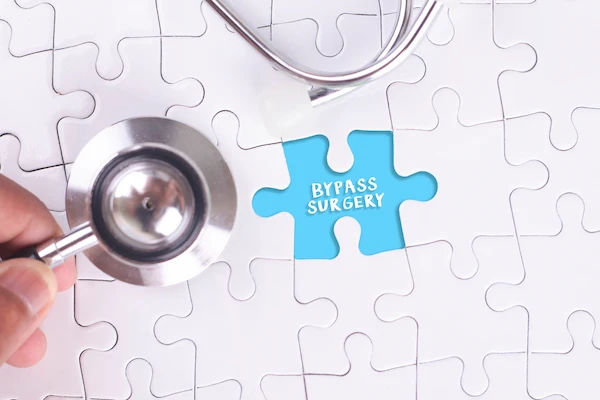What Vegetables Can You Eat After Gastric Bypass Surgery?
Wondering which vegetables are safe to eat after gastric bypass surgery? Discover the best soft, nutritious veggies to support digestion and recovery—plus tips on when and how to reintroduce them.


Introduction
Undergoing gastric bypass surgery is a significant step toward better health, but it also requires careful adjustments to your diet, especially in the early stages. One common question patients have is: What vegetables can I eat after surgery?
Since your stomach is smaller and digestion is altered, choosing the right vegetables is crucial to avoid discomfort, ensure proper nutrition, and promote healing. Let’s explore the best options and how to reintroduce them safely.
Why Are Vegetables Important After Gastric Bypass?
Vegetables are packed with vitamins, minerals, and fibre, which help:
- Aid digestion once your body is ready for fibre.
- Prevent nutrient deficiencies, common after surgery.
- Promote weight loss while keeping you full.
However, not all vegetables are easy to digest right after surgery. Some may cause gas, bloating, or discomfort, so it’s essential to introduce them gradually.
Consult Top Specialists for Personalised Advice
When Can You Start Eating Vegetables?
Your surgeon or dietitian will provide a post-op diet plan, usually divided into phases:
1. Liquid Phase (1-2 weeks post-surgery) – No vegetables yet.
2. Pureed Phase (Weeks 2-4) – Soft, well-blended vegetables.
3. Soft Foods Phase (Weeks 4-6) – Cooked, mashed, or finely chopped vegetables.
4. Regular Diet (After 6-8 weeks) – Slowly reintroduce raw or fibrous vegetables.
Best Vegetables to Eat After Gastric Bypass
Choosing the right vegetables in each phase can make recovery easier and safer.
1. Early Stages (Pureed & Soft Foods Phase)
Start with soft, well-cooked, and easy-to-digest vegetables:
- Mashed pumpkin or squash – High in vitamin A, easy to digest.
- Steamed carrots (pureed) – Rich in beta-carotene.
- Cooked green beans – Gentle on digestion.
- succhini (peeled & cooked) – Low in fibre, soft texture.
- Mashed sweet potatoes – Provides energy and nutrients.
Avoid: Raw veggies, cruciferous vegetables (broccoli, cauliflower, cabbage), and tough skins (like bell peppers) as they can cause gas or blockages.
2. Later Stages (Regular Diet Phase)
Once your stomach heals, you can try:
- Steamed spinach or kale – Rich in iron and calcium.
- Roasted eggplant – Soft and easy to chew.
- Cooked asparagus – Gentle fibre source.
- Peeled cucumbers (in small amounts) – Hydrating but avoid large portions.
Introduce raw vegetables slowly, chewing thoroughly to prevent discomfort.
Vegetables to Avoid or Limit
Some vegetables are harder to digest and may cause blockages, gas, or bloating:
- Raw broccoli & cauliflower – May cause excess gas.
- Corn & peas – High in starch, harder to digest.
- Celery & raw carrots – Too fibrous for many patients.
- Onions & garlic – Might irritate the stomach for some people.
If you experience discomfort, eliminate the problematic vegetable and try again later.
Tips for Eating Vegetables After Surgery
Introducing vegetables the right way might help prevent digestive issues and support your recovery.
1. Cook Them Well – Soft, steamed, or roasted veggies are easier to digest.
2. Chew Thoroughly – Helps prevent blockages.
3. Start Small – Introduce one vegetable at a time in small portions.
4. Avoid Skins & Seeds – Peel vegetables to reduce fibre load.
5. Monitor Tolerance – Keep a food diary to track what works best.
Nutritional Supplements May Be Needed
Since your stomach absorbs fewer nutrients after surgery, your doctor may recommend:
- Multivitamins, especially B12, iron and calcium.
- Protein supplements to meet daily needs.
When to Consult a Doctor
If you experience:
- Severe pain after eating vegetables.
- Persistent nausea or vomiting.
- Difficulty swallowing.
It’s best to consult your doctor or dietitian for personalised advice.
Final Thoughts
Vegetables are essential for long-term health after gastric bypass, but reintroducing them slowly and carefully is key. Start with soft, cooked options and gradually add variety as your body adjusts.
If you need guidance on post-surgery nutrition, Apollo 24|7 offers expert dietitian consultations to help you plan meals safely.
Consult Top Dieticians
Consult Top Dieticians

Ms. Samapti Maity
Dietician
16 Years • MSc. (Clinical Nutrition & Dietitics), NDEP, Course in Maternal Infant Young Child Nutrition.Diploma in Sports Nutrition, Diploma in Diabetic educator, FODMAP Specialist
Kolkata
BIENETRE CLINIC, Kolkata

Ms. Malabika Datta
Dietician
17 Years • Msc. in Dietetics & Food Service Management
Kolkata
Dr Utsa Basu Clinic, Kolkata
(25+ Patients)

Ms. Soma Saha
clinical nutrition
17 Years • B.Sc. - Home Science (Food & Nutrition), M.Sc. - Home Science (Food & Nutrition)
Kolkata
Dr Utsa Basu Clinic, Kolkata
(50+ Patients)
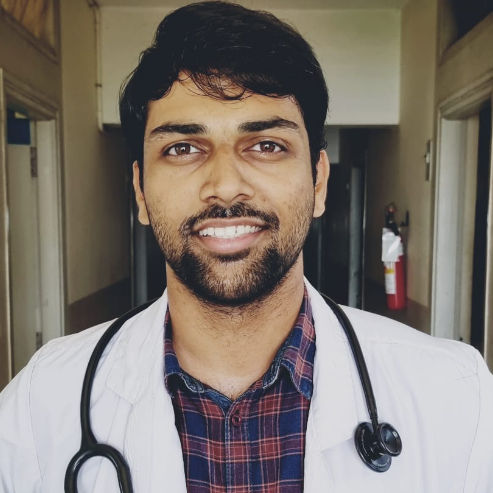
Dr Venkata Naga Sai Tribhushan Rambhatla
General Physician
3 Years • MBBS
Bengaluru
PRESTIGE SHANTHINIKETAN - SOCIETY CLINIC, Bengaluru
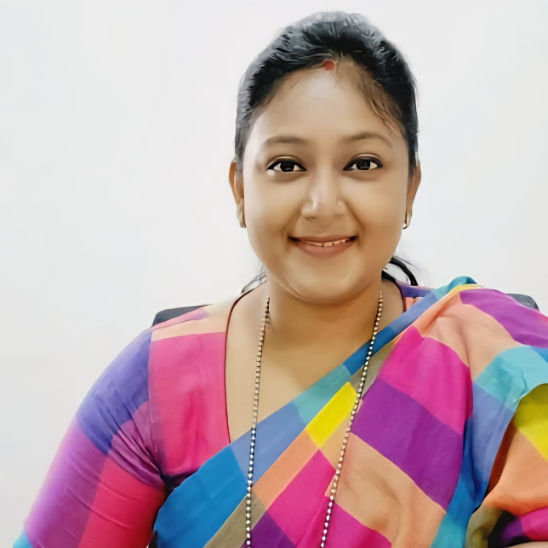
Ms. Suhita Sinha
Dietician
8 Years • BSC Food & Nutrition
Kolkata
Chikitsa Medicare Centre Pvt. Ltd.Sattelite Centre Behala Chowrasta, Kolkata
Consult Top Specialists for Personalised Advice

Ms. Samapti Maity
Dietician
16 Years • MSc. (Clinical Nutrition & Dietitics), NDEP, Course in Maternal Infant Young Child Nutrition.Diploma in Sports Nutrition, Diploma in Diabetic educator, FODMAP Specialist
Kolkata
BIENETRE CLINIC, Kolkata

Ms. Malabika Datta
Dietician
17 Years • Msc. in Dietetics & Food Service Management
Kolkata
Dr Utsa Basu Clinic, Kolkata
(25+ Patients)

Ms. Soma Saha
clinical nutrition
17 Years • B.Sc. - Home Science (Food & Nutrition), M.Sc. - Home Science (Food & Nutrition)
Kolkata
Dr Utsa Basu Clinic, Kolkata
(50+ Patients)

Dr Venkata Naga Sai Tribhushan Rambhatla
General Physician
3 Years • MBBS
Bengaluru
PRESTIGE SHANTHINIKETAN - SOCIETY CLINIC, Bengaluru

Ms. Suhita Sinha
Dietician
8 Years • BSC Food & Nutrition
Kolkata
Chikitsa Medicare Centre Pvt. Ltd.Sattelite Centre Behala Chowrasta, Kolkata
